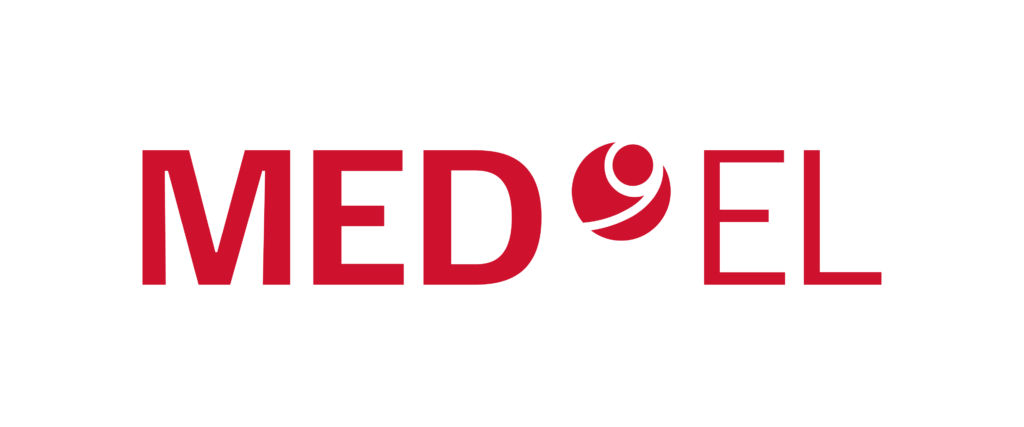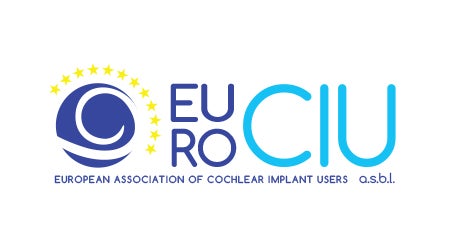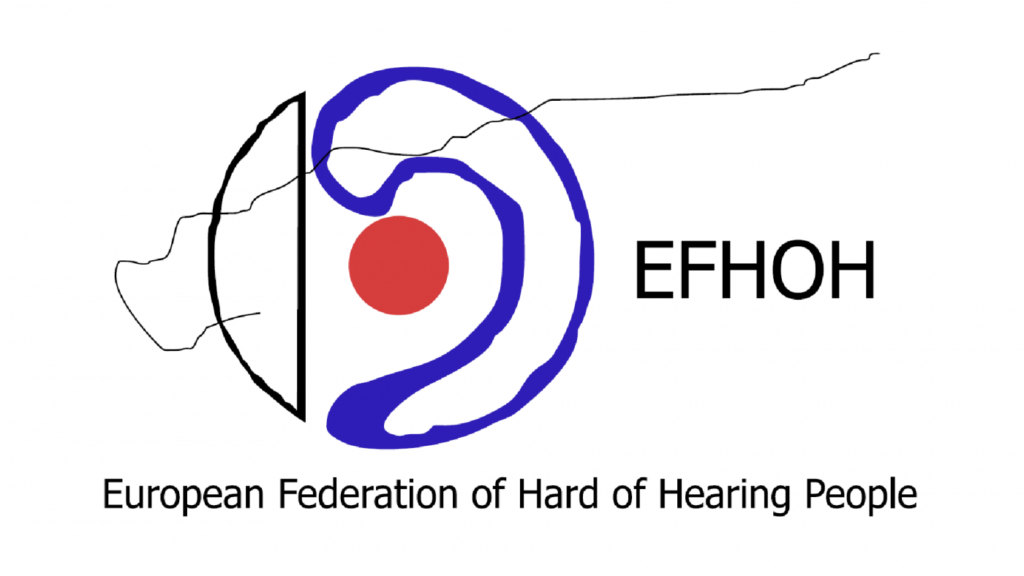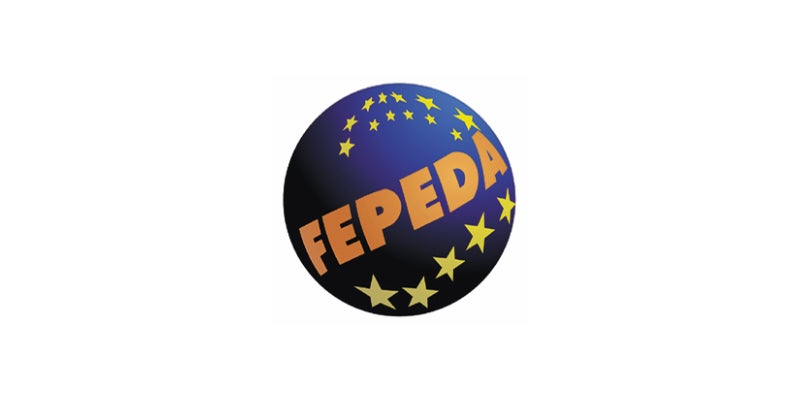For the Deaf, Heard of Hearing and Cochlear Implant Users in Europe
Recommendations for Policy Actions
In October 2020, MED-EL, an Austrian-based global leader in highly innovative hearing implants, launched a series of roundtables with MEP Ádám Kósa, the first deaf European politician user of Hungarian Sign Language at the European Parliament. The aim is to build a consortium around the cost of untreated hearing loss in Europe. Gathering non-governmental organisations, policymakers and members from the hearing health industry, this forum for exchange allows for the sharing of perspectives and the formulation of concrete and much needed policy recommendations at an EU-level.
Call to Action
The theme of the latest roundtable, held on June 8th, 2021, was inclusive education. This topic is a cornerstone of the EU’s 2021-2030 Disability Strategy, which foresees the publication of a toolkit for inclusion in early childhood education and care, and cooperation with Member States to nationally reform education systems and develop inclusive schools.
The stakes are high. Studies from across the globe warn that deaf and hard of hearing children are over 2.5 times more likely to have academic difficulties and fail classes in mainstream schools. More generally, young persons with disabilities academic performance show major gaps: 20.3% leave school early, and only 29.4% attain a tertiary degree. And that is if they have access to such schools: many children are enrolled in special schools which do not always offer effective bridges to the mainstream education system, continued training, or to the labour market.
Policy Recommendations
- Include deaf and hard of hearing citizens and their respective organisations in all policy dialogues. For all policies relating to inclusive education, as the Disability Strategy is being implemented at EU-level, children's and students’ perspectives must be fully integrated into debates.
- Launch an EU-implementation group specific to inclusive education. This stakeholder group will advise on the implementation of goals related to inclusive education and monitor progress in the Member States.
- Support organisations fighting for the deaf and hard of hearing people’s rights. Many organisations of persons with disabilities struggle to have their voices heard in the Brussels bubble; the EU should support the financing and promotion of awareness campaigns on inclusive education.
Endorsers
MED-EL and MEP Kósa remain committed to continuing working together on these goals and fostering their collaboration alongside other stakeholders participating in these discussions. Both highly welcome the increased focus on including persons with disabilities in European society and encouraging national and European policymakers to keep driving Europe’s transformation towards being fair and accessible for all.
Read more about hearing loss in children




